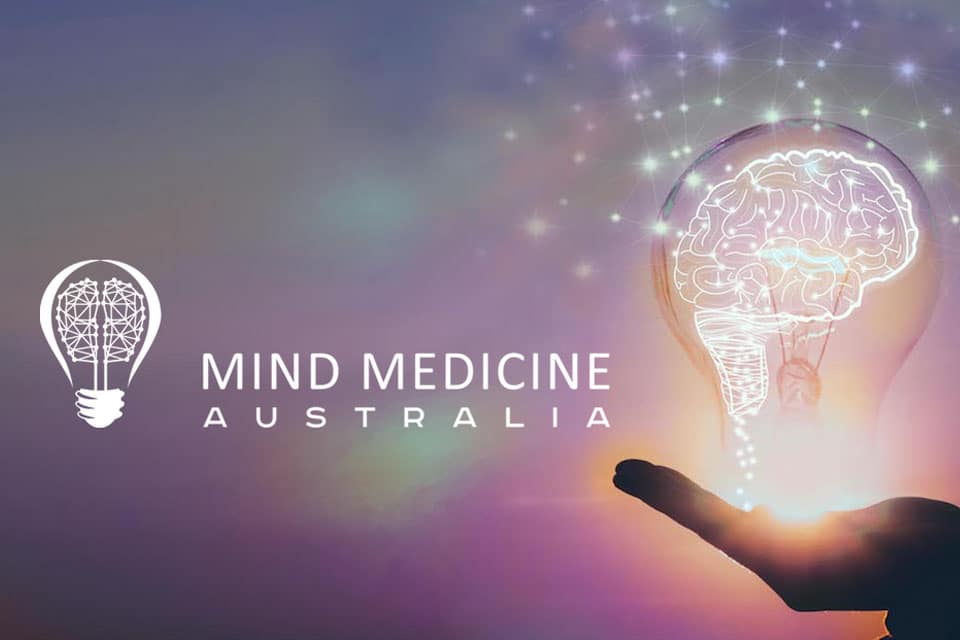
Australian charity Mind Medicine Australia is hosting the first-ever International Summit on Psychedelic Therapies for Mental Illness this coming November in Melbourne. To learn more about the summit and discuss the psychedelic legalization and regulation vs. decriminalization strategies that different psychedelic advocacy groups are pursuing across the world, we spoke with one of the summit’s keynote speakers, Professor David Nutt.
Thank you again for speaking with us, Professor Nutt. Let’s speak about Mind Medicine Australia and the upcoming International Summit on Psychedelic Therapies for Mental Illness.
I’m very pleased to be an Ambassador for them. I worked in Australia when I was a junior doctor so I have very fond memories of Melbourne and still have friends there, so I always enjoy coming back. It’s great that Mind Medicine Australia is taking on this challenge, because the Australian government has been one of the most reactionary in the world when it comes to psychedelics—they’ve been really hostile to MDMA, and to psychedelics in general.
For example, there are some native Australian plants that produce DMT, and they’ve actually started banning the ability to plant those in your garden. It’s an absurdity beyond belief—you’ve got to put foreign plants in your garden and can’t plant your native flora. They are really reactionary and prohibitionist in Australia, so it’s great that there’s a group of people standing up to them, and hopefully they can provide reason and insight. I’m just delighted to be able to help them.
One of my best friends is Dr. David Castle, Professor of Psychiatry in Melbourne at St. Vincent’s Hospital, and I’m always delighted to help him. He’s on the Board of Mind Medicine Australia and is a very forward thinking man. He has been a fighter at every stage. He tried to bring vaping into his hospital to help people stop smoking cigarettes, and he was banned from doing that. Now he’s started some trials for psilocybin treatment for psychiatric disorders, like we are.
I want to get out there and let everyone know I’m on their side, but also do media work so that the people of Australia know it’s not just a few exotic visionary people wanting to introduce these things, it’s actually part of a global movement. And hopefully they will realize they are behind and should work to catch up because they are quite competitive, the Australians [laughs]! If there’s something they want to be in, they will work hard to get to the front.
I certainly hope so! The title of the summit is all about therapies for mental illness. What is your take on that versus the cognitive freedom argument that psychedelics should not just be for those with diagnosable disorders, but also for the betterment of the well?
I’m all in favor of both, but I am a doctor. My job is to reduce suffering in patients. I certainly can achieve a great deal more by doing that than campaigning for the betterment of the well. So that’s the first thing I would say—that’s where my whole life has been spent, finding better ways to help my patients.
But the second point is to say that I’m also a neuroscientist, and neuroscience is a very important new platform. What makes the current period of psychedelic research so different from the previous one is that we’re doing deep neuroscience, and that is a great way to cut off at the legs any criticism that it’s all about fun and decadence and the return of hippiedom and such.
So those are my two main platforms of knowledge, research and effort. I’m perfectly comfortable with people improving their attitude to the world, and there are good people championing that. It’s a tough enough job just doing it for my patients, I can tell you.
That makes perfect sense. To play devil’s advocate for a moment, I feel like the majority of adults could very easily get diagnosed and treated for some level of anxiety and depression, if they had access to treatment or were encouraged to seek it. In a way everyone struggles with those tendencies, whether they are diagnosed or not.
The medical focus is all I really can do at present. We are using our safety data and our brain imaging data to make these treatments legal for people with diagnosed disorders. It’s a big enough burden to get it through medicine at present. That’s all I’ve got the energy for.
Indeed. To me it’s unquestionably the best approach. There are some in the psychedelic space who poo-poo the therapeutic and clinical side, saying “Just make these things legal for everyone, all adults should have the freedom to use them,” and while they are not wrong, I think they miss the strategy element and harm reduction element and how important it is to start with people who need it most. It seems to me the faster and safer route to reach the cognitive liberty goal.
That is right, absolutely. And then of course, if it’s safe for people with severe illnesses, then governments and politicians should be relaxed about people using it who don’t have such difficulties.
We are very grateful to Professor Nutt for speaking with us. Read our previous interviews with him here, here and here.
You can learn more about the upcoming International Summit on Psychedelic Therapies for Mental Illness and get tickets here: https://summit.mindmedicineaustralia.org/
Check out upcoming Mind Medicine webinars here: https://mindmedicineaustralia.org/events/









